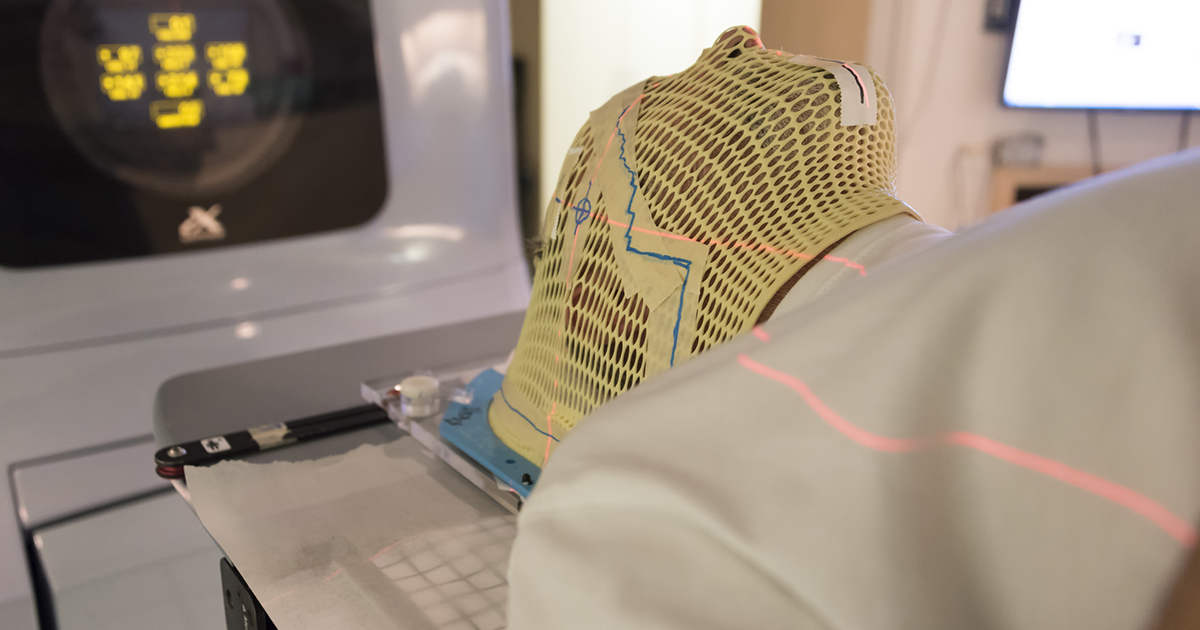Treatment Options For Hurthle Cell Cancer
Hurthle cell cancer is a type of malignant tumor that affects the thyroid, the butterfly-shaped gland in the neck. This gland is responsible for the secretion of hormones responsible for the regulation of the body's metabolism and other functions. Several types of cancer can affect the thyroid gland, but Hurthle cell cancer is the most aggressive variation. Many patients with Hurthle cell cancer will not experience symptoms prior to diagnosis. When symptoms do manifest, they include neck or throat pain, breathlessness, difficulty swallowing, voice changes, and a lump in the neck.
Usually, Hurthle cell cancer is diagnosed using imaging tests, and the testing of a thyroid tissue sample called a biopsy. When Hurthle cell cancer spreads, it most commonly affects the lungs, lymphatic system, and bones. Hurthle cell cancer survival rates drop by over a fourth once it has metastasized beyond the thyroid, so early detection and aggressive treatment are crucial when considering treatment options.
Thyroidectomy

A thyroidectomy is a surgical procedure used to extract all or part of the thyroid gland that has become detrimental to an individual's health. Most Hurthle cell cancer patients will have a full thyroidectomy to completely remove the tumor, and to stop the spread of cancer. During this surgical procedure, the surgeon will extract the whole thyroid gland but preserve the small thyroid tissue edges around the parathyroid glands. If there is a suspicion Hurthle cell cancer has metastasized to the surrounding lymph nodes, they may also be removed.
In addition, Hurthle cell cancer may have spread into nearby regions such as the nerve of the voice box, trachea, esophagus, and voice box. Should any of these structures be affected by Hurthle cell cancer, they will be removed as well during the thyroidectomy. While this surgical procedure remains the most effective option for treating Hurthle cell cancer, it leaves the patient with no thyroid gland left to produce essential hormones. This lack of a thyroid gland requires the patient to take hormones for the rest of their life. This replacement hormone is very similar to the hormone the thyroid gland naturally produces, and it performs all the same functions.
Radiation Therapy

Radiation therapy is a type of treatment that involves the use of high-energy beams to decrease the size of early-stage cancer, inhibit cancer from coming back, or for symptom control once cancer has metastasized. The energy types that may be used in radiation therapy include x-rays, electron beams, gamma rays, and protons. Radiation beams are able to destroy or severely damage cancerous cells. During radiation therapy, a machine located outside of the body applies a carefully targeted beam of energy onto the affected area of the body.
Radiation therapy is used in patients with Hurthle cell cancer that does not respond well to other treatments, such as radioiodine therapy. Radiation therapy is also used to treat cancers and tumors that have metastasized beyond the thyroid gland. It is also commonly utilized to reduce the likelihood of cancerous cells returning to the neck after tumor excision surgery has been performed. Radiation therapy is given for several weeks, and it is administered at a frequency of five days a week.
